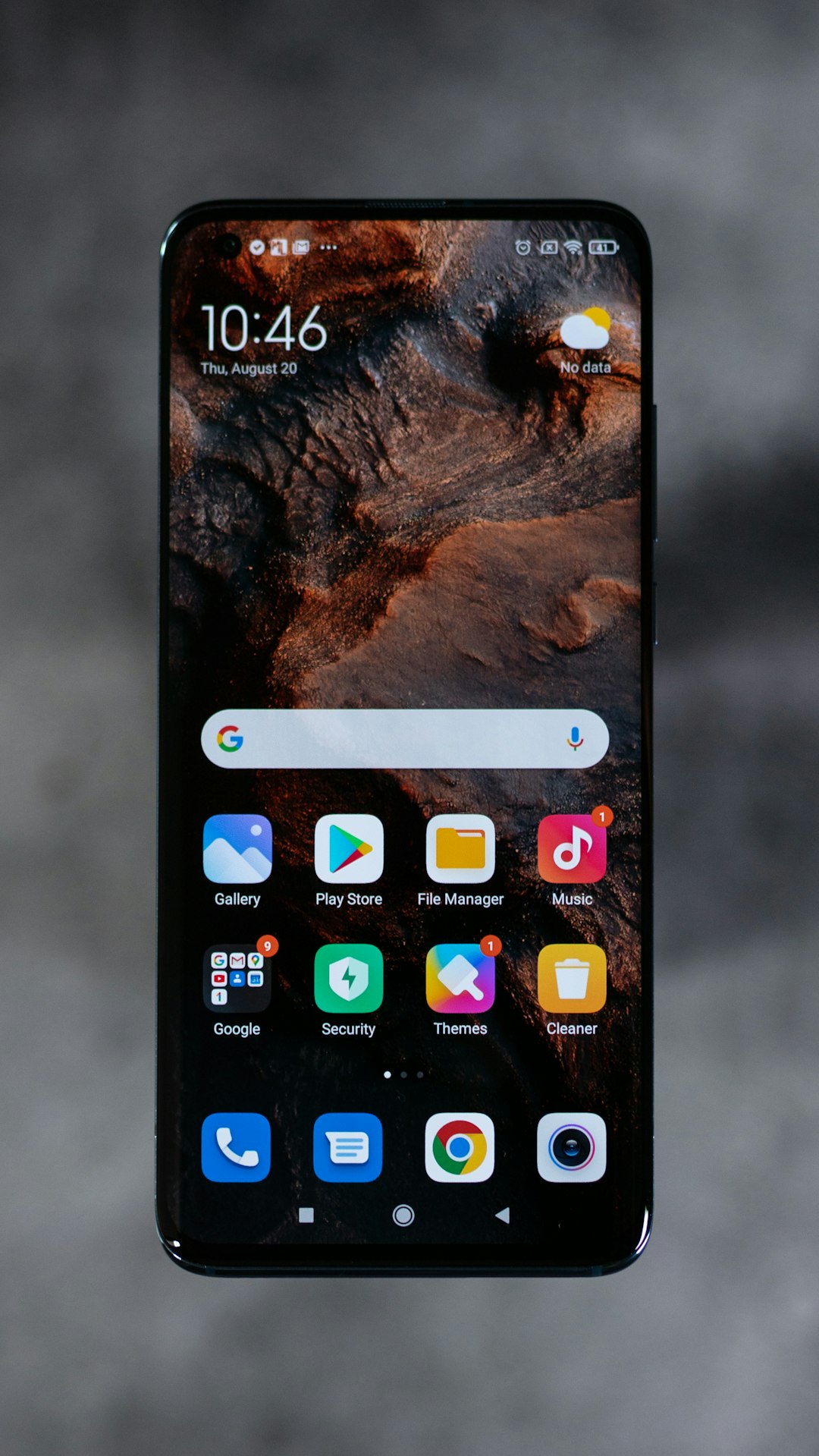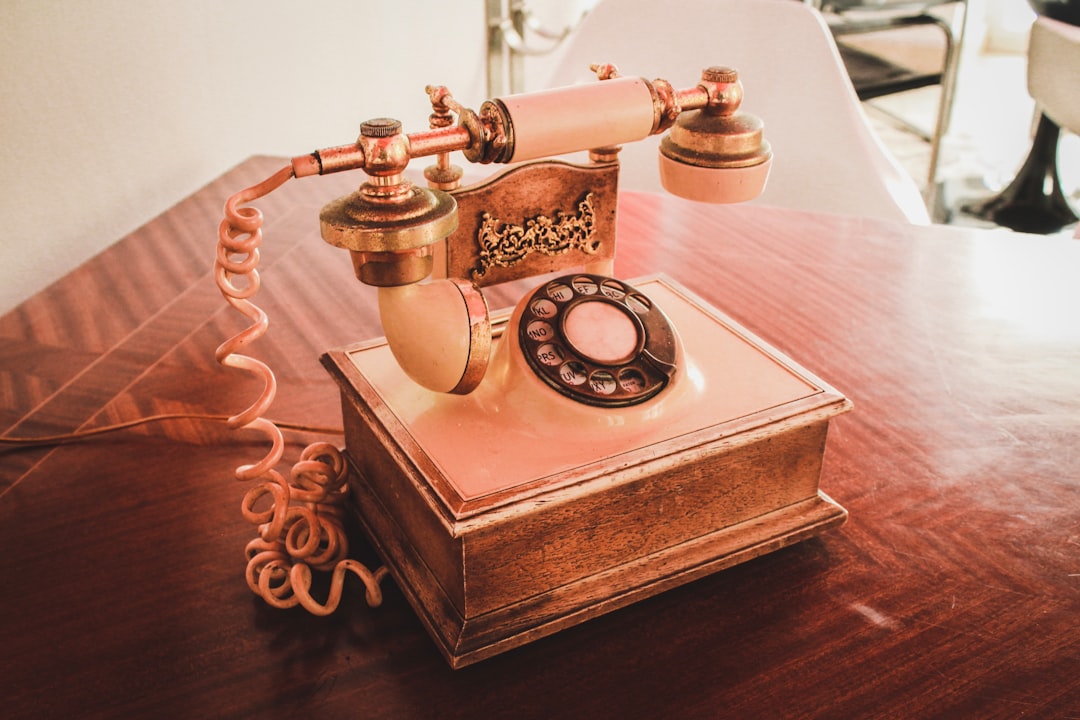Iowa businesses using autodialers for marketing must comply with state laws like TCPA, prioritizing consumer consent and privacy to avoid fines. Engaging an autodialer law firm Iowa is key to navigating regulations, ensuring fair practices, and protecting client relationships through efficient communication tools.
In today’s competitive business landscape, effective outreach strategies are paramount. One such strategy gaining traction is the use of autodialers for making phone calls en masse. While autodialers offer significant advantages in terms of efficiency and cost-saving measures for Iowa businesses, they also raise concerns about privacy and legal compliance. This article explores both sides of the coin, delving into the pros and cons of implementing autodialer systems within the context of Iowa’s telemarketing laws, with a focus on case studies involving local law firms to highlight potential outcomes.
Understanding Autodialers and Their Legal Implications in Iowa

Autodialers, also known as automated telephone dialing systems (ATDS), are technologies that allow businesses to make mass phone calls quickly and efficiently. While they offer significant advantages in terms of marketing reach and time savings, understanding their legal implications is crucial for Iowa businesses. In Iowa, the use of autodialers is governed by state laws designed to protect consumers from unwanted or abusive phone calls. These laws ensure that businesses obtain prior consent before placing automated calls, setting clear boundaries on when and how such calls can be made.
Iowa’s autodialer law firm regulations require companies using ATDS to comply with the Telephone Consumer Protection Act (TCPA) and similar state-specific rules. Non-compliance can lead to substantial fines and legal repercussions. Businesses must ensure they have proper permissions, provide clear opt-out options, and respect individual privacy rights. Engaging with a reputable autodialer law firm in Iowa is advisable to stay updated on changing regulations and mitigate potential legal risks associated with the use of automated dialing systems.
Benefits of Using Autodialers for Business Outreach in Iowa

In today’s digital era, businesses in Iowa are constantly seeking innovative ways to enhance their outreach and communication strategies. One such game-changer is the adoption of autodialers, which offer a multitude of benefits for law firms and other professional services looking to expand their client base.
Autodialer technology enables efficient and automated phone calls, allowing law firms in Iowa to connect with potential clients at scale. By streamlining the initial outreach process, autodialers save time and resources while increasing accessibility. This is particularly advantageous for legal practices as they can promptly deliver essential information, such as free consultations or updates on new services, directly to the fingertips (or screens) of prospective customers. As a result, businesses can expect higher response rates and a more responsive client base, ultimately fostering stronger relationships.
Compliance Challenges: Navigating Iowa's Telemarketing Laws

Iowa businesses considering implementing autodialers for their marketing efforts must be aware of the potential compliance challenges that come with this technology. While autodialers can enhance outreach and efficiency, navigating Iowa’s telemarketing laws is an essential aspect of their use. The state has established regulations to protect consumers from unsolicited calls, ensuring fair practices in telemarketing.
Business owners need to ensure their autodialer systems comply with these laws, which include restrictions on certain types of automated dialing, requirements for consumer consent, and strict do-not-call lists. Consulting with an autodialer law firm Iowa based can help businesses understand these regulations, implement the necessary safeguards, and avoid legal pitfalls that could result in significant fines.
Enhancing Customer Engagement or Invading Privacy?

The use of autodialers in Iowa businesses, especially law firms, presents a delicate balance between enhancing customer engagement and invading privacy. On one hand, these automated phone systems can dramatically improve client communication by allowing for quick, personalized messages and efficient appointment scheduling. This is particularly beneficial for law firms, which often deal with tight deadlines and numerous clients, ensuring no potential case is left uncontacted.
However, the very features that make autodialers attractive—automatic dialing, prerecorded messages, and mass communication—also raise privacy concerns. The Federal Communications Commission (FCC) has specific regulations regarding the use of autodialers, including restrictions on when and how they can be used, to protect consumers from unsolicited calls. Law firms must ensure they comply with these rules, such as obtaining explicit consent before dialing, to maintain client trust and avoid legal repercussions, especially under Iowa’s stringent privacy laws.
Case Studies: Success Stories and Legal Battles in Iowa Law Firm

In the competitive legal landscape of Iowa, many law firms have turned to autodialers as a marketing tool to reach potential clients. Case studies illustrate both the success and challenges faced by these firms. On one hand, autodialers have enabled efficient client acquisition through automated calls, texts, and personalized messages, increasing case intake and revenue. A prominent example in Iowa involves a small but innovative law firm that utilized an autodialer to contact individuals involved in traffic accidents, resulting in a significant boost in new clients and higher rates of successful settlements.
However, the use of autodialers has also sparked legal battles, particularly regarding compliance with Iowa’s consumer protection laws. Many complaints have been filed against law firms using autodialers for aggressive marketing tactics, including unwanted calls and texts after hours or without proper consent. These disputes highlight the importance of adhering to strict guidelines for autodialer usage, such as obtaining prior express consent from recipients and honoring opt-out requests. Law firms in Iowa navigating this technology must strike a delicate balance between effective outreach and respecting consumer privacy rights to avoid legal repercussions.






